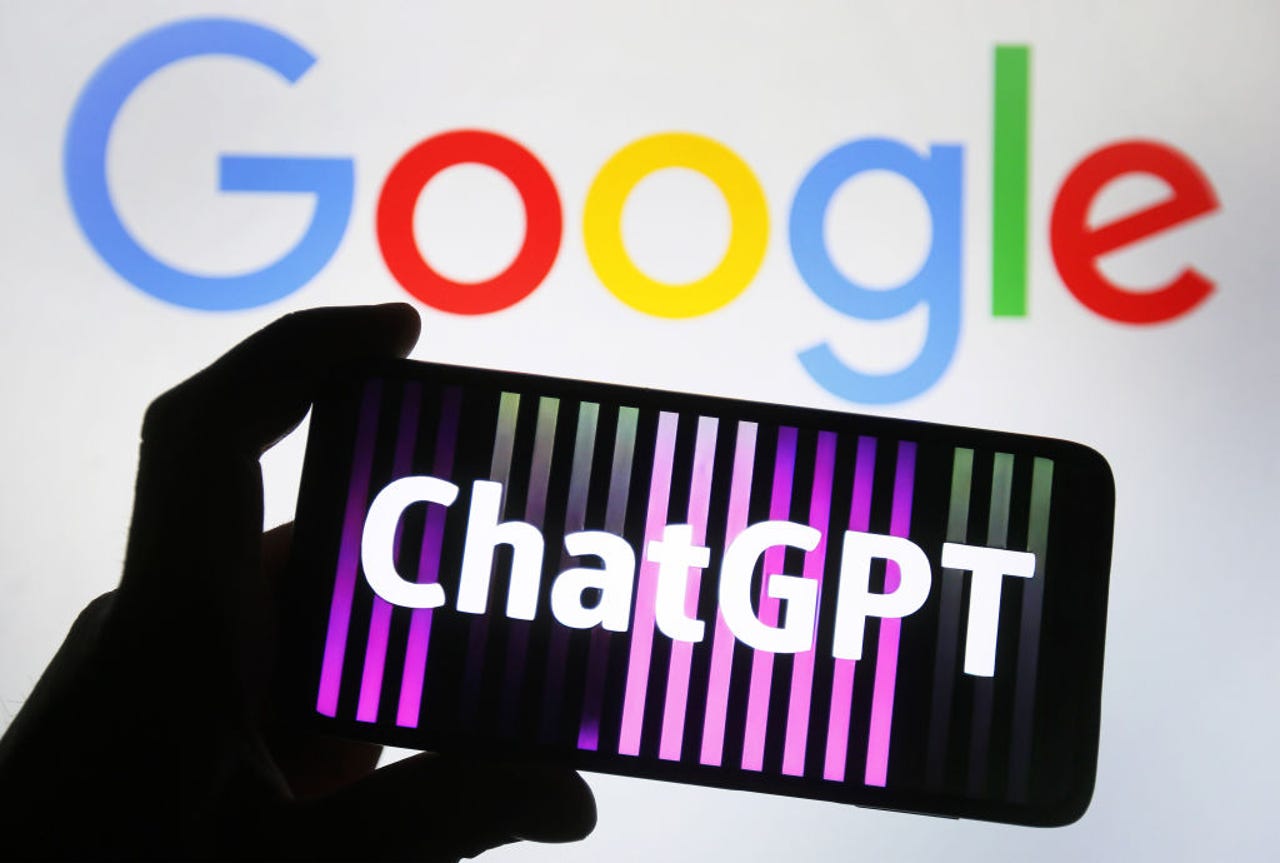ChatGPT has a new rival, Google Bard


Google has introduced its experimental AI chat service, Bard, a direct rival to OpenAI's ChatGPT. Google's AI chatbot will be tested by a select number of users before rolling out to the general public in the next couple of weeks.
Bard is powered by Google's Language Model for Dialogue Applications (LaMDA) and will draw on all the information from the web to provide responses. This in itself is a big differentiating factor from ChatGPT, which can only access information from up until 2021 and does not have access to the web.
Also: Google's ChatGPT competitor spaces out at the start
"Bard seeks to combine the breadth of the world's knowledge with the power, intelligence and creativity of our large language models," Google CEO Sundar Pichai said in the release.
Bard will be able to synthesize complex topics into bite-sized, conversational pieces. The idea is to increase the distribution of knowledge in a way that is understandable and can spur learning for everyone, including children. A sample prompt from the release included using Bard to help you explain discoveries from NASA's James Webb Space Telescope to a 9-year-old.
The initial version of Bard will utilize a lightweight model version of LaMDA because it requires less computing power and can be scaled to more users, according to the release. This will allow Google to collect more feedback before releasing to the general public.
Also: Sentient? Google LaMDA feels like a typical chatbot
Both internal and external feedback will be taken into account to ensure that Bard meets the expectations for quality, safety, and groundedness, according to Pichai. The press release emphasized Google's commitment to handling AI responsibly to ensure it's both safe and useful.
Google typically takes this approach, holding onto advanced AI services until they are certain it is ready for the public. For example, Google has a very capable AI image generator, Imagen, and an AI music generator, MusicLM, which have both yet to be released to the public.